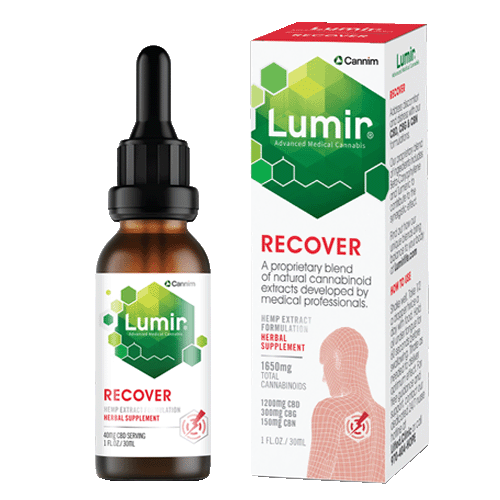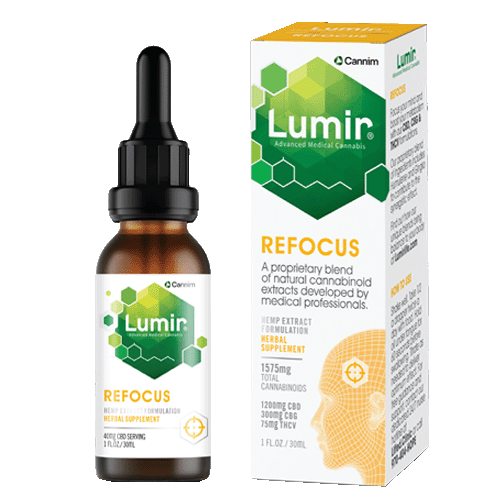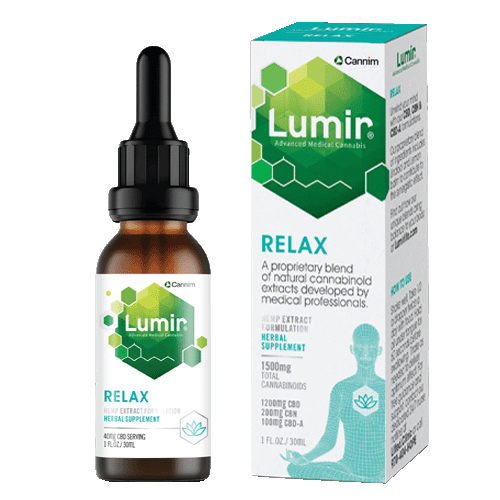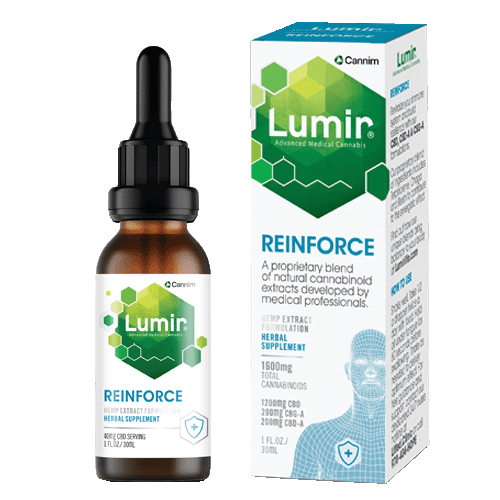Terpenes
β-Caryophyllene

Terpenes

Lumir Products with β-Caryophyllene
Chemical Structure
Aroma
Potential Therapeutic Benefits
Vaporization Temperature
Naturally Found In
Cloves
Lavender
Oregano
Orange
May Help
Anxiety Disorder
Tests have shown the potential to promote an "anti-compulsive-like effect" when used for anxiety.

Nausea & Vomiting
By protecting the cell lining of the digestive tract, β-Caryophyllene may promote a healthy gut & digestion.
β-Caryophyllene & CBD
Beta-caryophyllene is a terpene commonly found in various plants, including black pepper, cloves, hops, and cannabis. It is known for its spicy, woody, and peppery aroma. When combined with CBD, beta-caryophyllene may offer potential benefits and synergistic effects.
Here are some facts about beta-caryophyllene and its potential interaction with CBD:
- Activation of CB2 Receptors: Beta-caryophyllene is unique among terpenes as it can act as a cannabinoid by binding to and activating the CB2 receptors of the endocannabinoid system. This interaction has potential anti-inflammatory and analgesic effects. CBD also interacts with the endocannabinoid system, albeit through different mechanisms. The combination of beta-caryophyllene with CBD may enhance their overall effects on the endocannabinoid system.
- Anti-Inflammatory Effects: Beta-caryophyllene exhibits significant anti-inflammatory properties, which may help reduce inflammation in the body. Chronic inflammation is associated with various health conditions, and reducing it can support overall well-being. CBD also possesses anti-inflammatory effects, making the combination of beta-caryophyllene and CBD potentially beneficial for managing inflammation.
- Potential Pain Relief: Beta-caryophyllene has shown promise as a potential analgesic, or pain-relieving, agent. It may interact with pain receptors in the body, providing relief from discomfort. CBD has also demonstrated analgesic effects and is often used for pain management. Combining beta-caryophyllene with CBD may offer complementary benefits for pain relief.
- Neuroprotective Properties: Beta-caryophyllene has been investigated for its potential neuroprotective properties, which means it may help protect brain cells and support cognitive health. It has shown promise in preclinical studies for conditions such as Alzheimer’s and Parkinson’s diseases. CBD has also been studied for its neuroprotective effects. The combination of beta-caryophyllene with CBD may provide synergistic benefits for brain health.
- Anti-Anxiety & Anti-Depressant Potential: Beta-caryophyllene has been explored for its potential anxiolytic (anti-anxiety) and anti-depressant effects. It may interact with receptors involved in anxiety and mood regulation, potentially promoting feelings of calmness and well-being. CBD has also shown promise in reducing anxiety and supporting mental well-being. The combination of beta-caryophyllene with CBD may offer complementary effects for anxiety and mood management.
Safety Considerations: Beta-caryophyllene is generally recognized as safe for consumption. However, individual sensitivities or allergies to terpenes may occur. It’s important to consider the quality and purity of the beta-caryophyllene and CBD products you use. If you have any specific health concerns or conditions, it’s best to consult with a healthcare professional before using beta-caryophyllene and CBD in combination.
Limited Research: While there is ongoing research on beta-caryophyllene and its specific interaction with CBD, it has shown promise in various areas of health and wellness. Further studies are needed to fully understand the extent of their potential interactions and benefits. If you have any questions or concerns, it’s always recommended to consult with a healthcare professional or qualified practitioner knowledgeable in CBD and terpene usage.
Sources
- Beta-caryophyllene is a dietary cannabinoid
- An introduction to the endogenous cannabinoid system
- Emerging Role of the CB2 Cannabinoid Receptor in Immune Regulation and Therapeutic Prospects
- β-Caryophyllene, a CB2 receptor agonist produces multiple behavioral changes relevant to anxiety and depression in mice





